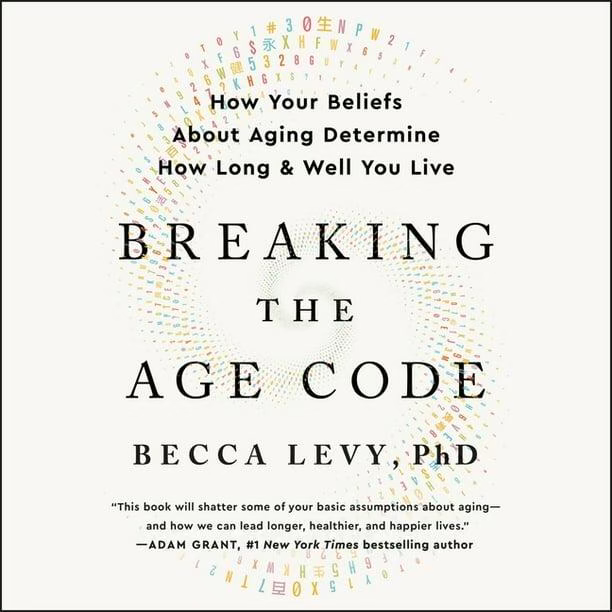Giving Money to Family Can be Deemed a Gift, Complicating Medicaid Eligibility
- Attorney Bob Mannor, CELA
- Jun 29, 2022
- 2 min read
Many people are aware of the five year “look back” period for long term care Medicaid eligibility which takes financial transactions during that time frame into account. An elderly applicant in need of long-term care could be penalized for having given away money or assets during the previous five years. What many may not be as familiar with is the fact that Medicaid has their own lengthy list of what they consider to be gifting. It could be something as simple as adding an adult child’s name to an account to help manage finances. A Medicaid penalty for having given a gift within the previous five years means that the applicant could be denied long term care Medicaid for some period of time.
The department is likely to look suspiciously at any payment made to a child or relative and at cash transactions. If you apply for Medicaid, the department will ask for documentation of what was done with cash. If you don’t have receipts or cannot otherwise prove that the money was spent in accordance with the rules, the department may presume it was a gift and issue a penalty.
The most egregious example of this problem is from the 2015 Michigan Court of Appeals case, Jensen v. Department of Human Services. In that case, Betty Jensen really wanted to stay in her home and avoid going to a nursing home on Medicaid. She relied on her grandson, Jason, to run errands for her and reimbursed him for his costs in the amount of $1,400. Betty’s family also found a neighbor, Theresa, who they paid hourly to care for Betty. Over a period of ten months, they paid Theresa a total of $18,000. The Michigan Court of Appeals treated the payments to Jason and Theresa as if they were gifts and allowed the department to issue a penalty. The Court determined that the only evidence that would prove the payments were not gifts included a notarized contract that was also signed by Betty’s doctor to prove that the care and services were needed.
This is an incredibly high standard of documentation that very few Medicaid applicants would know they would need. Betty’s case is a cautionary tale of bureaucratic overreach and of the importance of getting good legal advice when preparing to file for Medicaid. There are professional associations that can help identify a lawyer who fits the bill. Find a lawyer near you via the National Academy of Elder Law Attorneys at Find a Lawyer - Distance at www.naela.org.
Bob Mannor, a Certified Dementia Practitioner, is past president of the National Academy of Elder Law Attorneys-Michigan Chapter; chair of the State Bar of Michigan Elder and Disability Rights section; and one of 19 nationally Certified Elder Law Attorneys in the state of Michigan. For more information, visit: mannorlawgroup.com, or call 810.645.8426.




Comments